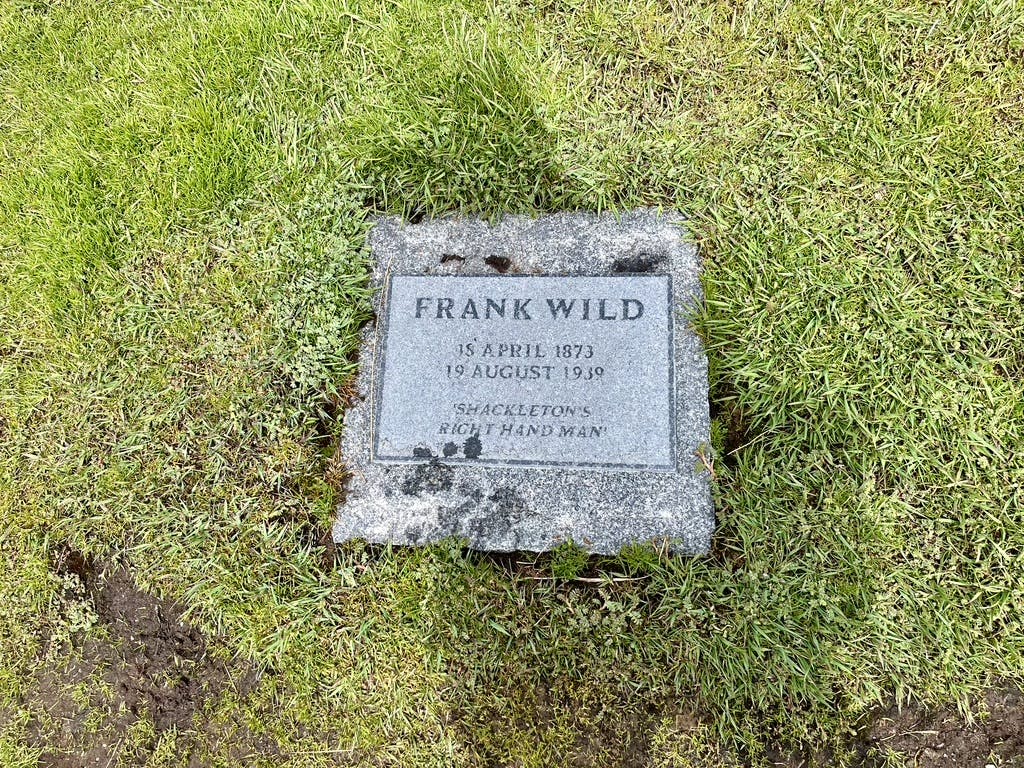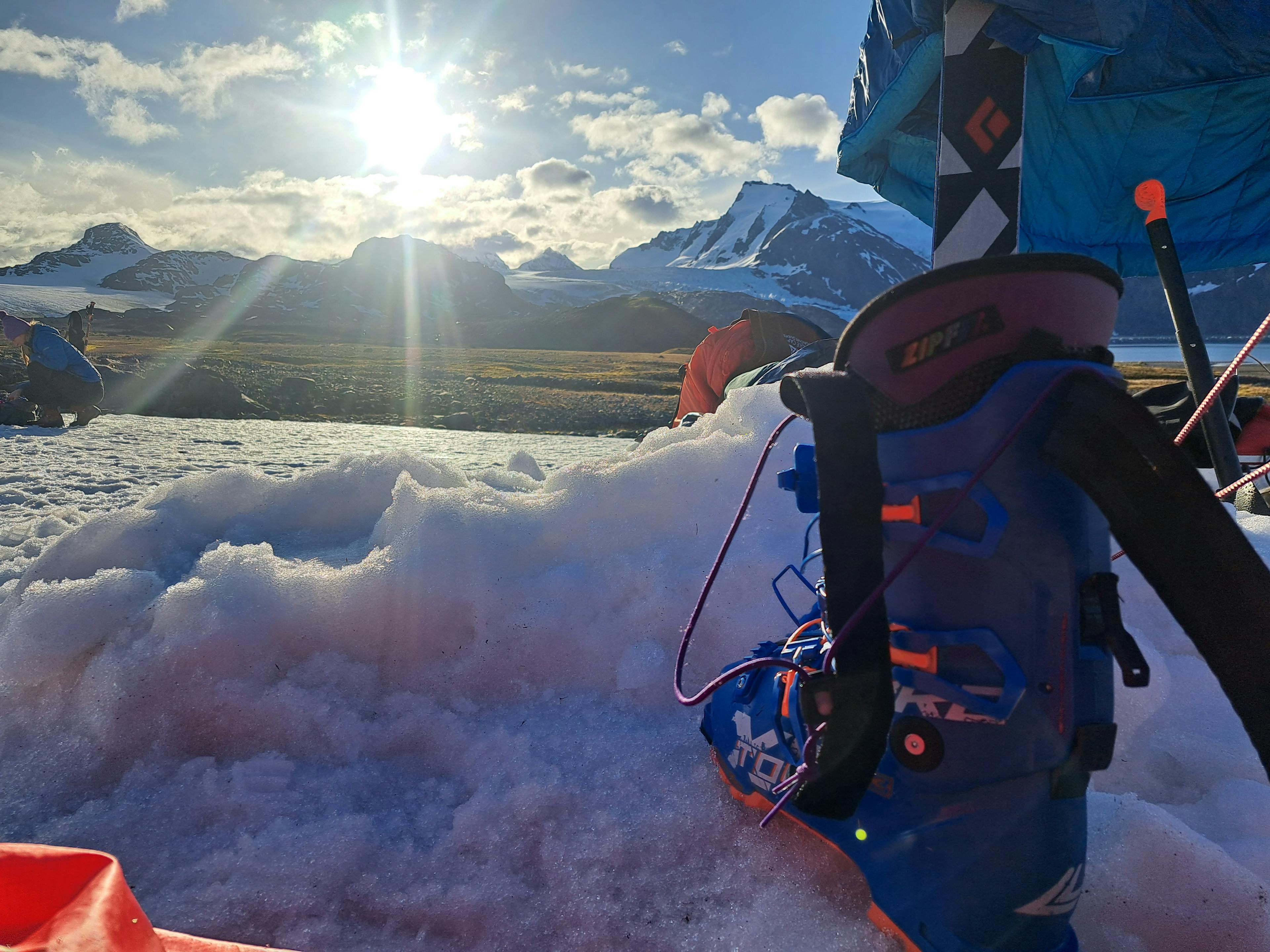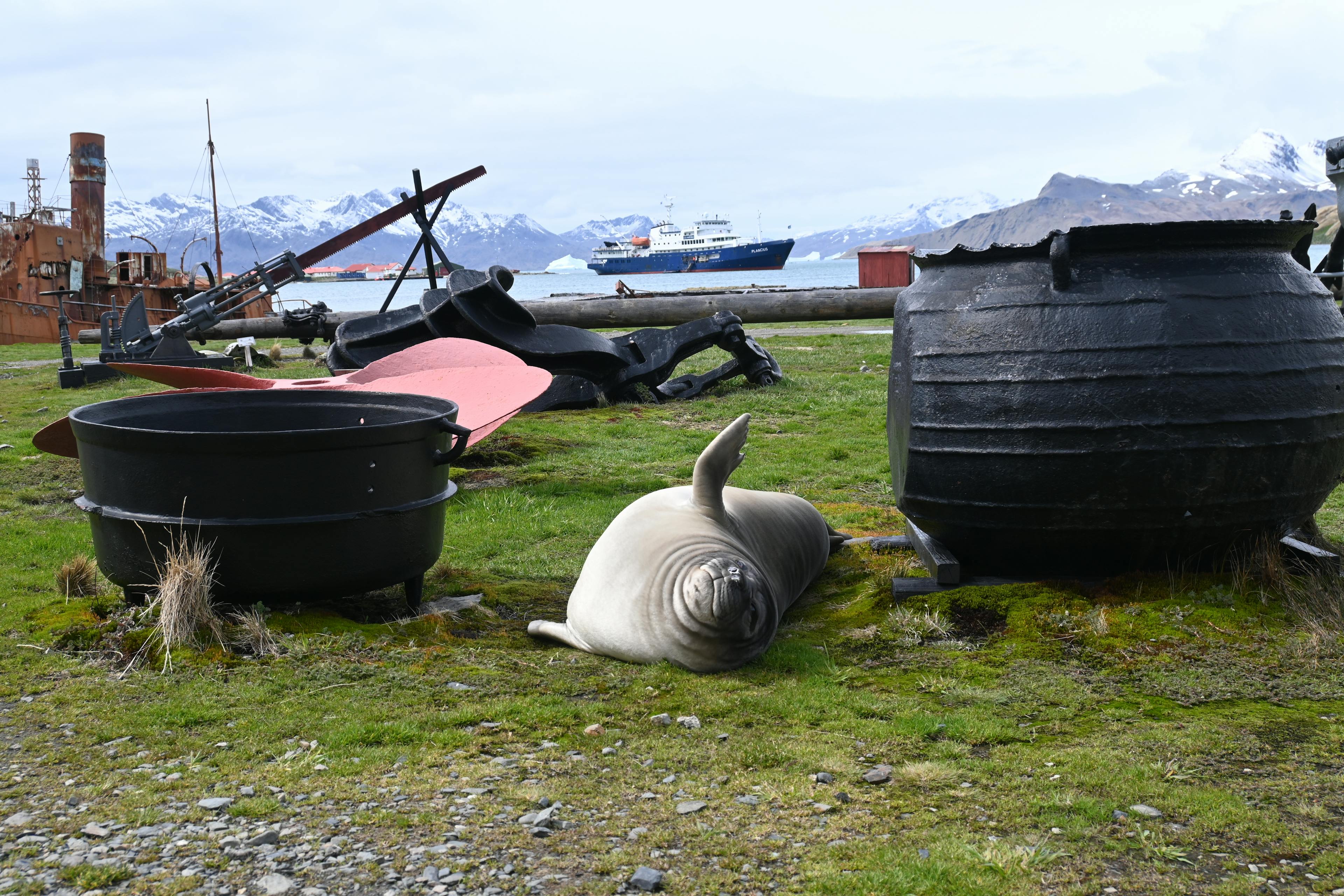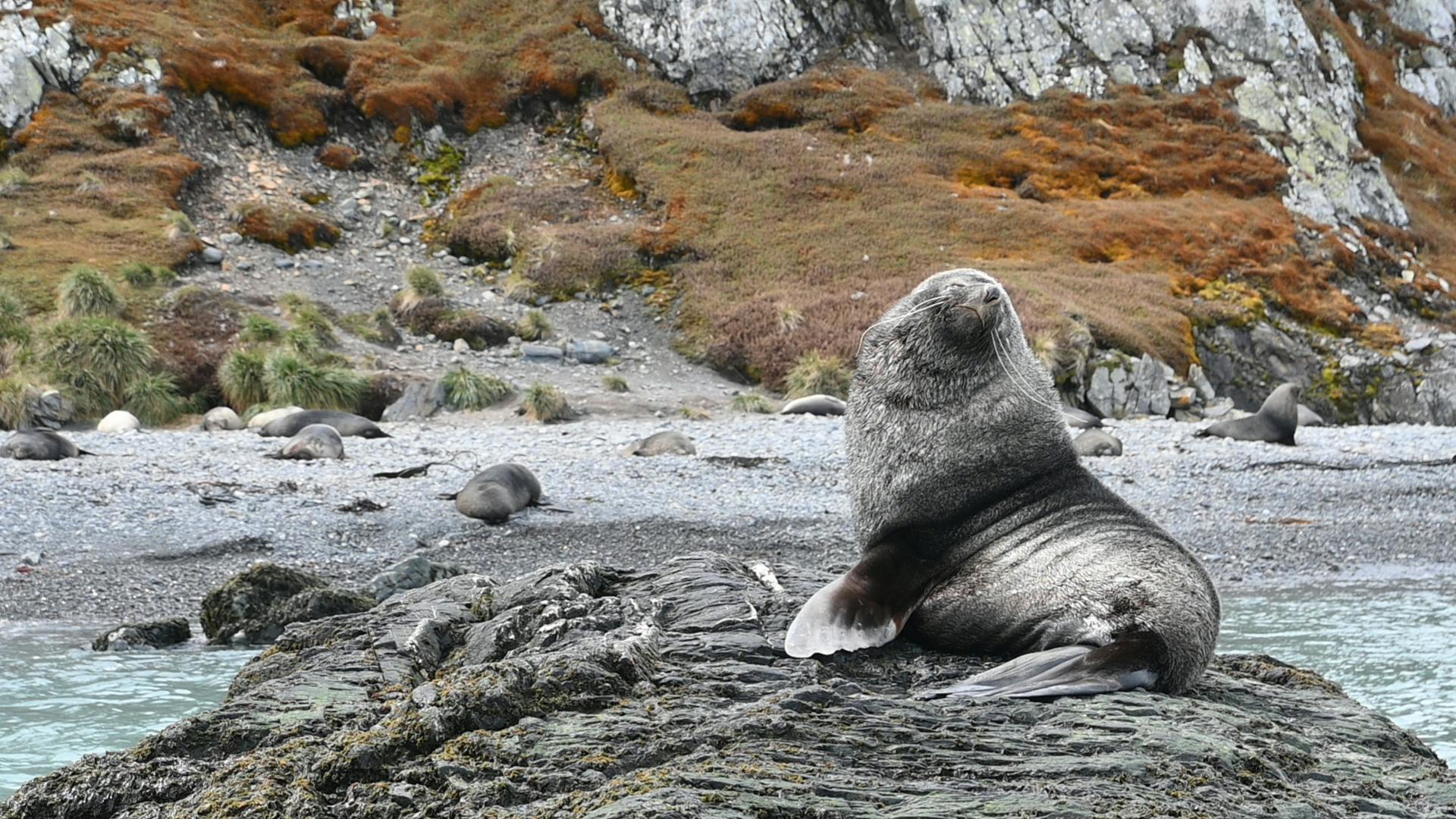Setting an icy scene
Sir Earnest Shackleton’s tale, etched in the frozen expanse of the Antarctic, transcends mere chronicles of survival – it is a symphony of endurance and leadership in the face of nature’s relentless trials. As I ventured to guide a group across the storied glaciers of South Georgia, retracing Shackleton’s iconic route, the icy winds whispered fragments of his epic.
A journey that began with the sinking of the Endurance and culminated in an odyssey across treacherous seas, ultimately weaving through the labyrinth mountains of South Georgia. In this realm, where every gust carries the ghosts of explorers past, my own sojourn merged with Shackleton’s, a dance of resilience against the backdrop of this pristine, unforgiving wilderness. Our narrative transcends time, as we collectively etched new verses into the hymn of South Georgia’s icy embrace.
There is a philosophy my father imparted upon me which has felt apt for such a misadventure gone right: It’s not about the shit you get into, it’s about how you get out of the shit. After a year and a half of surviving on the Antarctic sea ice, and a 16 day voyage across the roughest seas in the world, Shackleton and 2 men would cross South Georgia Island and find rescue, and another chance at life, without losing a single member of the expedition.
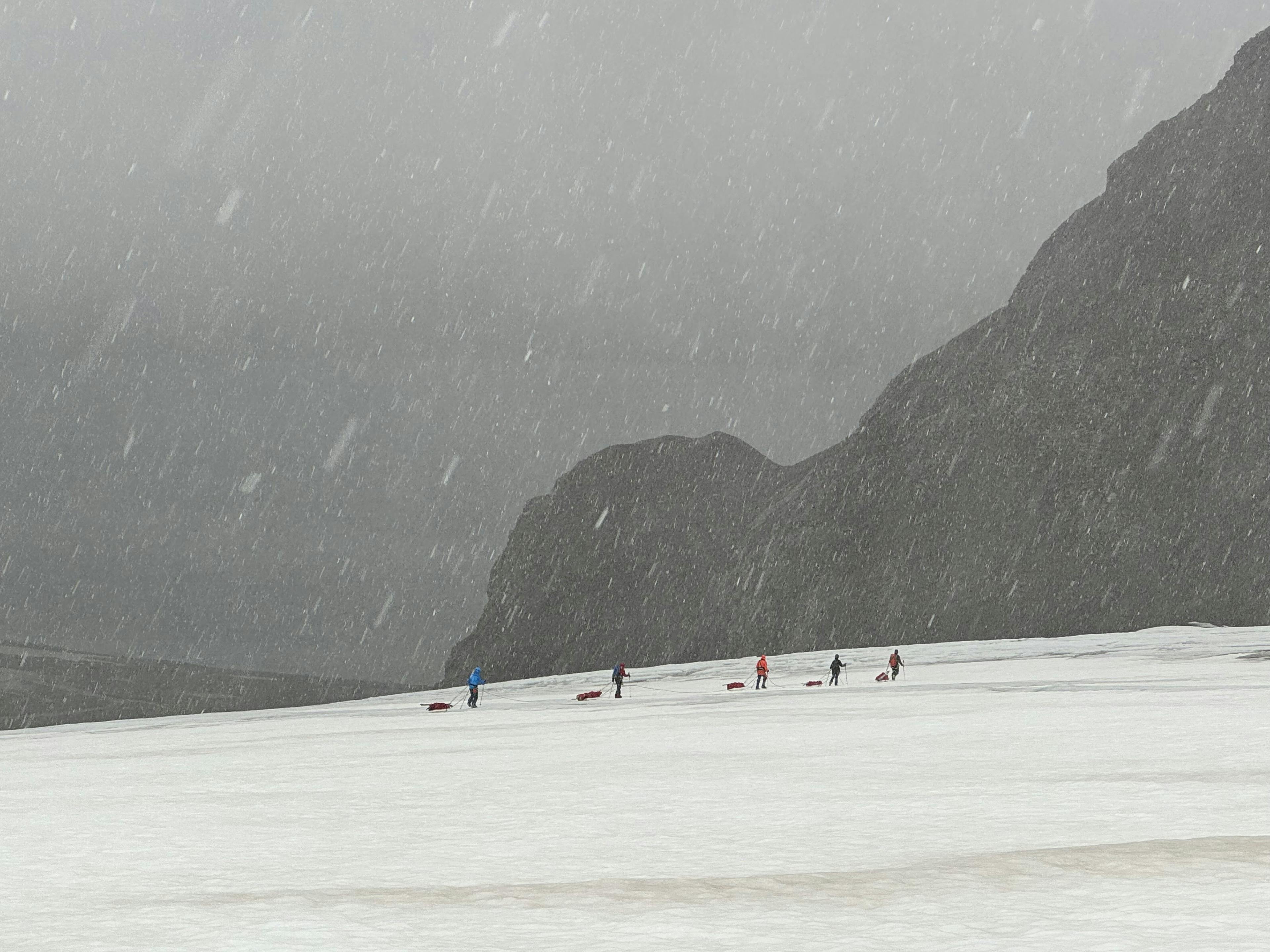
A brief summary of Shackleton’s Imperial Trans Antarctic Expedition:
In 1914 Earnest Shackleton set out from London for South America on his boat the Endurance, along with 27 other men. From South America, the party traveled to a remote whaling post on South Georgia Island, where they would spend a month restocking the boat and speaking to the whalers that knew the conditions of the seas around Antarctica better than anyone. They recommended that Shackleton delay his expedition due to the amount of sea ice in the Weddell Sea, but he pressed on.
It was just over a month before their ship was beset in the pack ice, and the men hunkered down for the austral winter. Shackleton kept spirits up, and journals from the time describe a good life aboard the ship. The crew kept busy with scientific observations, photography, sporting events on the ice, hunting, dog mushing and many timely celebrations to keep optimism aboard. About 8 months after the ship was initially stuck, it was crushed by the pressure of moving sea ice and sank into the Weddell Sea.
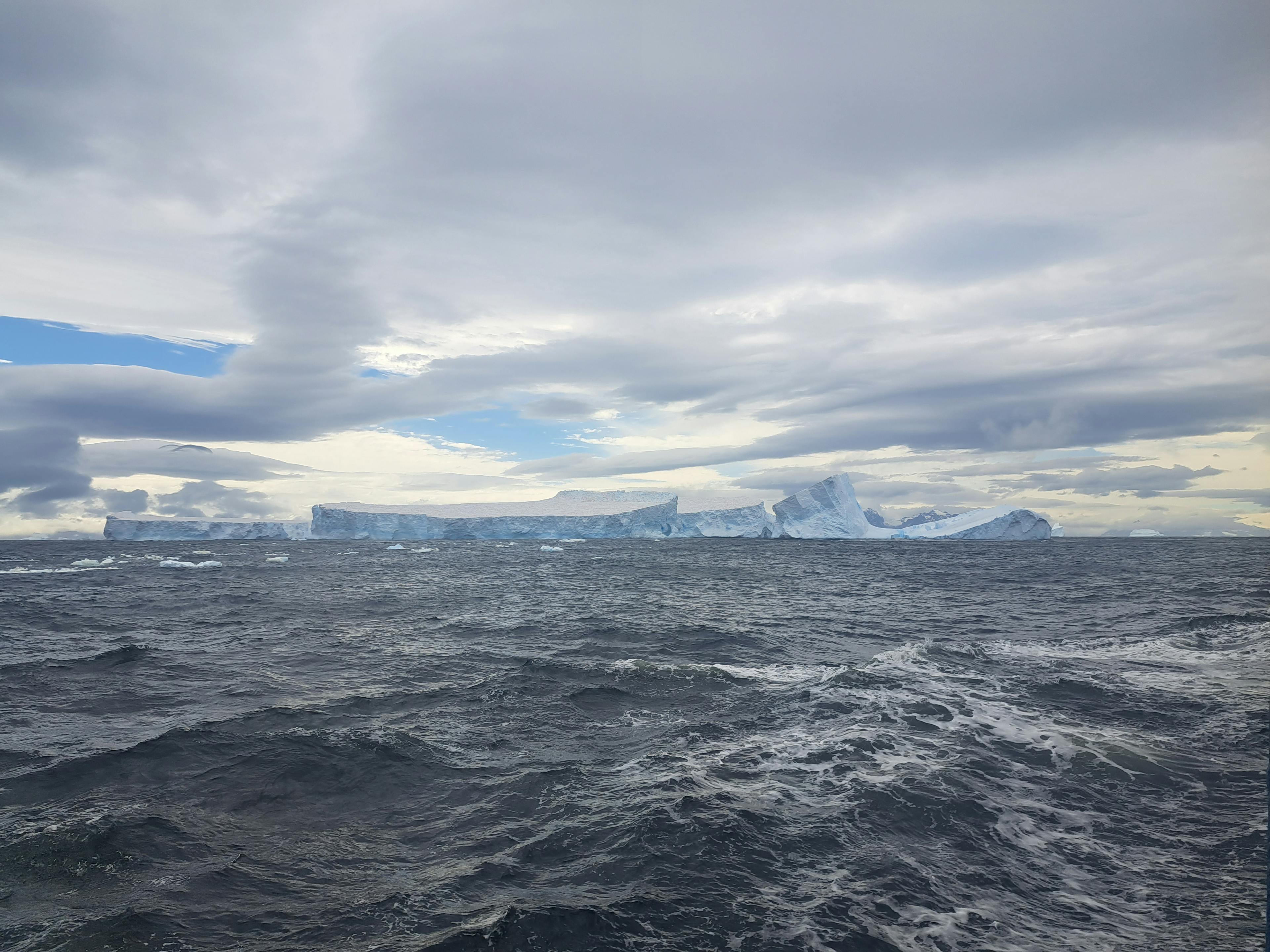
Shackleton’s team created a camp on an ice floe and patiently waited for the sea ice to break up enough to allow them to head back north. It would be another 4 months until this would happen, and when it did, the men rowed their lifeboats for 6 days in frozen clothing until making landfall at Elephant Island, just north of the Antarctic Peninsula. Shackleton and 5 others would leave Elephant Island on the James Caird, a 23-foot boat, and sail about 800 miles across the wild Southern Ocean, with little more than a sextant and an unimaginable grit. 16 days later they arrived at King Haakon Bay on South Georgia Island, in stormy seas that forced a landing on the wrong side of the island. Any hope of rescue was at the whaling station at Grytviken where they had stayed prior to their traveling south into the Weddell Sea, and thus had some idea of its location.
After a few days of recovering, Shackleton and 2 men left to traverse the rugged, never-before explored or mapped interior of South Georgia. With a hand-drawn map and little food, and after a couple of wrong turns, the men managed to navigate the extremely complex mountainous terrain and reach the whaling station. The sounds of the steam whistles from the bay of Stromness would likely have been the sweetest sounds they ever did hear. The whaling station was of course the source of their ultimate rescue for themselves and the rest of the crew. There wouldn’t be a single life lost. Many would return to the UK only to be sent off to World War I.
Our personal journey
In early November I went down to South Georgia Island to guide a group of adventurous folks on a ski trip that would recreate the route that Shackleton, Crean and Worsley took across South Georgia Island. Amidst the wild expanse of the island, our own personal journey unfolded. In a way, it was a poetic dance with the elements that mirrored Shackleton’s enduring spirit. Crossing crevassed slopes and glaciers, we embarked on a type of pilgrimage retracing their steps. Armed with modern equipment and inspired by Shackleton’s resilience, our days wove a tapestry of challenges – hauling sleds across bare ground, descending slopes with visibility dwindling to feet. The weather, a mercurial maestro, orchestrated a symphony of seasons, from benevolent blue skies that bestowed grace to bone chilling wet storms that tested our temperament. We walked amidst rivers teeming with life, past elephant seals and king penguins, all beneath the giants that are the mountains of South Georgia.
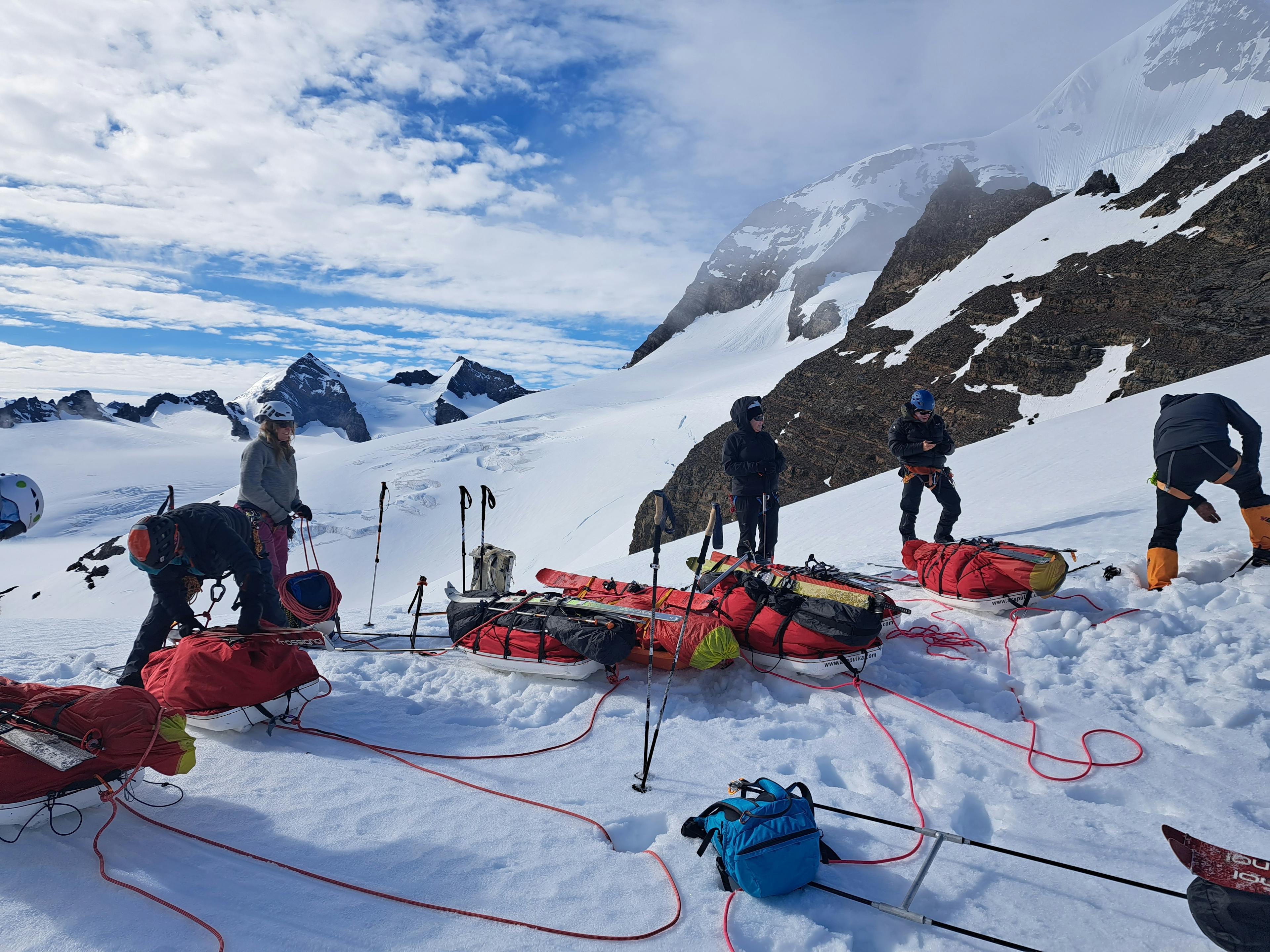
In the land where Shackleton and his crew sought rescue, our crew, adorned with all the modern blessings of Zipfits, Goretex and sophisticated navigational tools, faced our own challenges with great humility. Recreating a mere fragment of Shackleton’s extraordinary journey, we were acutely aware of the stark contrast in our circumstances. Yet, the spirit of Shackleton’s family motto, “By endurance we conquer,” resonated through every wet and icy gust, reminding us that the true conquest lay not in dominion over the mountains but in the enduring spirit to face whatever nature bestowed.
As we boarded the boat on the other side of South Georgia, in the most beautiful landscape in the world, we reveled in our privilege to follow those who have come before us. Our verses were etched for those next.
- The words and photos in this blog were contributed by polar explorer, Taylor Sweitzer.


